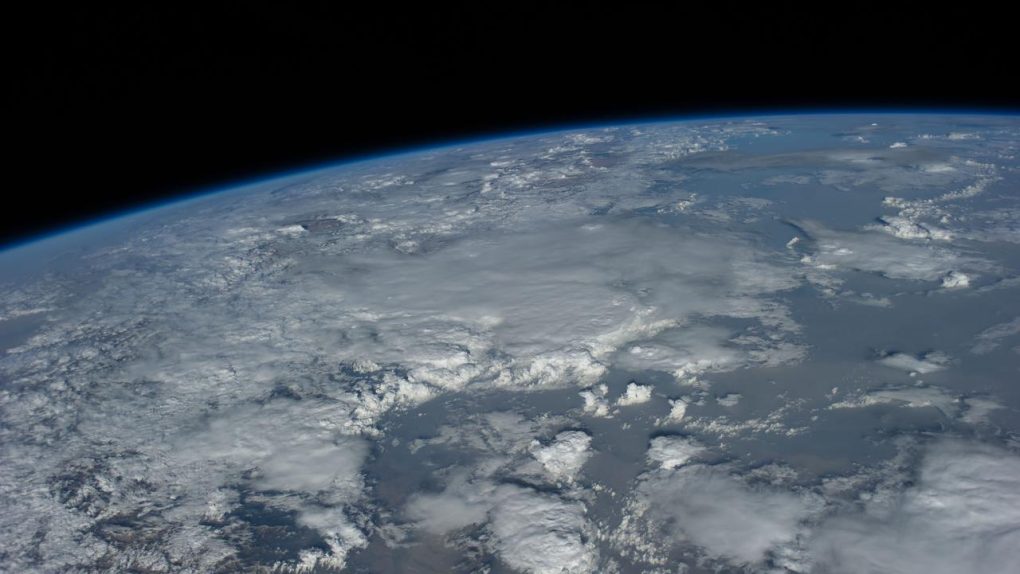Based on what we know about the history of Earth, life is thought to have taken root here somewhere around 4 billion years ago, give it take a few hundred million years. That’s an extremely large window of time when the very first single-celled organisms may have emerged, and scientists still aren’t sure exactly how or why life began in the first place. What we do know is that life requires some basic elements — the so-called “building blocks” — and determining when those ingredients were present on Earth could help us figure out when life popped up, and how.
One of the building blocks is phosphorus, which is an essential component for the formation of cells. It’s long been assumed that asteroids impacting Earth were the delivery mechanism for phosphorus, but new research suggests that it may have actually generated right here on Earth thanks to the activity of lightning. The work, which was published in Nature Communications, points to an early Earth where storms rolled across tropical regions, allowing for the formation of phosphorus and eventually life.
It’s thought that Earth wasn’t a target for many meteorite strikes during the time in which life is thought to have first appeared on Earth. That obviously throws the theory that space rocks delivered vital phosphorus into question, but if lightning could help produce the missing phosphorus, the timeline could still work out.
“Most models for how life may have formed on Earth’s surface invoke meteorites which carry small amounts of schreibersite [a phosphorus mineral]. Our work finds a relatively large amount of schreibersite in the studied fulgurite,” Benjamin Hess, lead author of the work, said in a statement. “Lightning strikes Earth frequently, implying that the phosphorus needed for the origin of life on Earth’s surface does not rely solely on meteorite hits. Perhaps more importantly, this also means that the formation of life on other Earth-like planets remains possible long after meteorite impacts have become rare.”
Because of the incredible amount of time that has passed since life first showed up on Earth, figuring out how it happened may be close to impossible. That being said, it’s entirely likely that theories like this one are correct, but only in part. A perfect and potentially rare combination of conditions and circumstances may be the only reason we are here today, but as scientists continue to propose theories for how it all happened, the big picture gets more and more complicated.
It’s certainly an interesting study and it seems like a suitable hypothesis, but it may not be until humanity finds another planet with life on it before we can actually explain how it begins. With mankind venturing further into the solar system and eventually to other star systems, we may finally get the answer.








